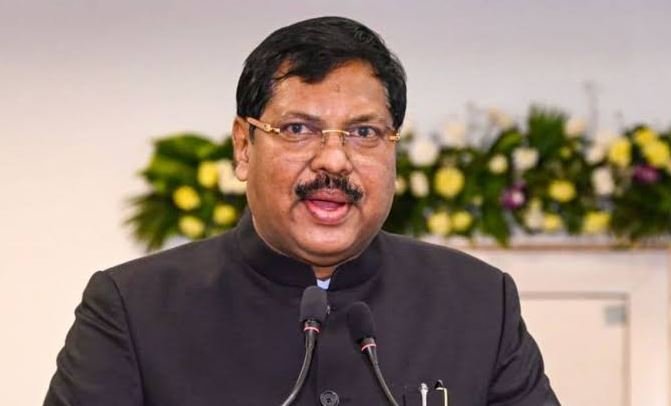Bulldozer justice violates fundamental rights and due process, Supreme Court reiterates
CJI cites landmark rulings to reaffirm judiciary’s role in curbing arbitrary state action
New Delhi, October 3: Chief Justice of India B. R. Gavai reaffirmed the centrality of the rule of law to India’s democratic fabric, asserting that the country’s legal system is not governed by the “rule of the bulldozer” but by constitutional principles that uphold justice, accountability, and human dignity. Delivering the inaugural Sir Maurice Rault Memorial Lecture 2025 in Mauritius on “Rule of Law in the Largest Democracy”, Justice Gavai emphasised that state actions must remain firmly within the boundaries of law and due process, warning against any tendency to bypass judicial scrutiny in the name of expediency.
Recalling a landmark Supreme Court verdict that strongly criticised “bulldozer justice,” the Chief Justice said the ruling delivered a clear message: demolishing homes or property of accused persons as retribution for alleged offences, without following legal procedures, is unconstitutional. Such acts, he noted, violate the fundamental right to shelter guaranteed under Article 21 of the Constitution and undermine the principle that the executive cannot simultaneously act as judge, jury, and executioner. “Our judgment made it clear the Indian legal system is governed by the rule of law, not the rule of the bulldozer,” he remarked.
Justice Gavai’s remarks came during his three-day official visit to Mauritius, where he addressed a distinguished audience including President Dharambeer Gokhool, Prime Minister Navinchandra Ramgoolam, and Chief Justice Rehana Mungly Gulbul. Paying tribute to Sir Maurice Rault, the former Chief Justice of Mauritius known for his contributions to jurisprudence, he traced the evolution of the rule of law in India’s constitutional journey over the past 75 years, describing it as a principle that now extends far beyond legal texts into social, political, and institutional life.
The Chief Justice cited several landmark Supreme Court decisions that have shaped and deepened the meaning of the rule of law in India. Among them was the historic 1973 Kesavananda Bharati case, which established the “basic structure doctrine” and limited Parliament’s power to amend the Constitution. He also referred to judgments that abolished instant triple talaq, decriminalised adultery, scrutinised the electoral bond scheme, and recognised the right to privacy as a fundamental right. Collectively, he said, these rulings show how the Supreme Court has used the rule of law as a substantive principle to strike down arbitrary and unjust laws while reinforcing constitutional accountability.
Justice Gavai further explained that the rule of law functions on both procedural and substantive levels, it restrains the state from acting arbitrarily, guarantees equality before the law, and embeds democratic accountability across all branches of government. In the social sphere, it empowers marginalised communities to seek justice and challenge entrenched inequalities. Politically, it serves as a measure of good governance and institutional integrity, providing a stark contrast to misrule and lawlessness where accountability might otherwise erode.
Drawing on the legacies of Mahatma Gandhi and Dr. B. R. Ambedkar, Justice Gavai underscored that the rule of law in India is not merely a legal doctrine but also a moral and ethical framework aimed at protecting human dignity, ensuring equality, and guiding governance in a complex and diverse democracy. He described it as a living principle,not static, but an ongoing dialogue between judges and citizens, parliaments and people, and between nations and their histories.
“The rule of law is not a rigid concept frozen in time. It is a continuing conversation on how societies govern themselves with dignity, and how they reconcile the inevitable tensions between liberty and authority in a democracy,” he said.




